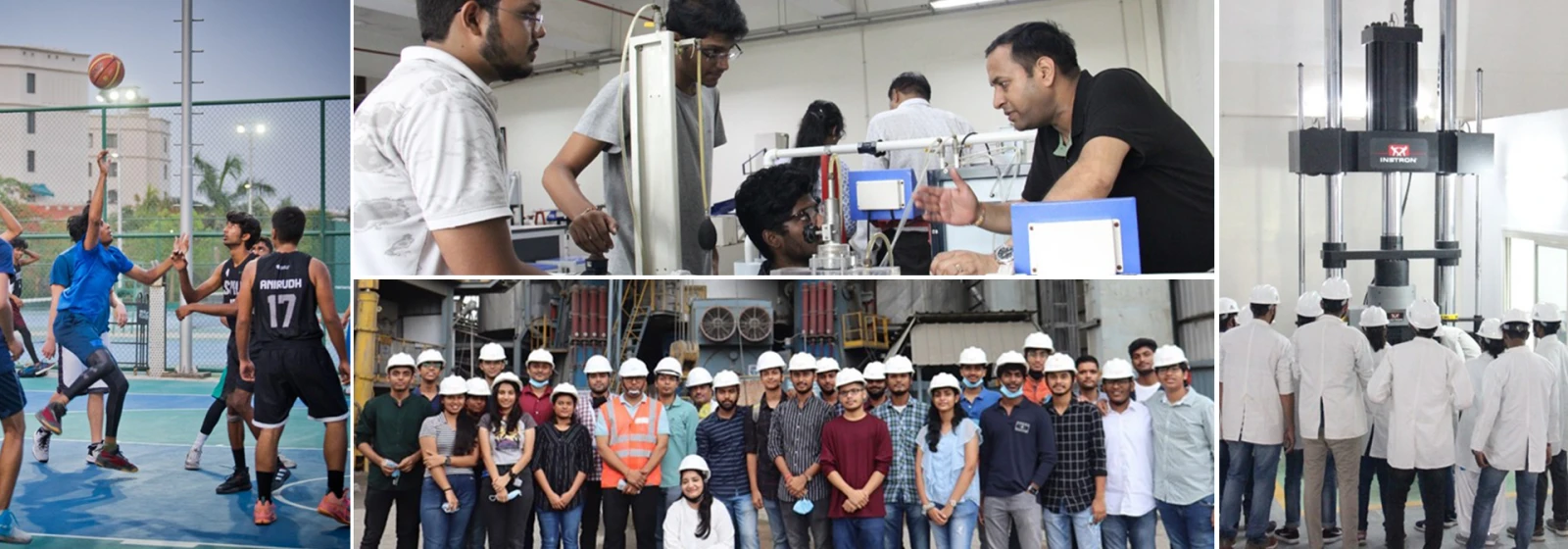
B.Tech. in Civil Engineering
The Department offers a four-year Bachelor of Technology degree. Students can obtain a Minor in another department, provided they meet the requirements of that Department. Students from another department can obtain a Minor in Civil if they meet the Civil Engineering department's requirements.
Sachdev Singh
Email: [email protected]
Ms. Ankita Rai | [email protected] | 8448873248
Major
The Department offers a four-year Bachelor of Technology (B.Tech.) degree program in Civil Engineering. SNIoE's Civil Engineering Department enhances B.Tech. students with a comprehensive curriculum, fostering critical thinking and leadership skills. Our UG program embraces a systems-based pedagogy to tackle challenges in our interconnected world.
The curriculum focuses on emerging and disruptive technologies and integrates cyber-physical systems to achieve the UN Sustainable Development Goals into the curriculum alongside the traditional courses. Our UG program cultivates and molds the civil engineers of the future who aspire to pursue excellence in research, industry, governmental positions, or entrepreneurial endeavors.
The curriculum's flexibility allows students to customize their programs to meet their interests. Students combine core math, science, and engineering courses with electives in the arts, humanities, social sciences, and business.

Minor
Keeping in view the interdisciplinary nature of the university, the department offers a minor program to all students.
Students from any other department at the university can enroll in a minor program in civil engineering at the beginning of their second year, provided they fulfil the department's Minor program's requirements. Similarly, civil engineering undergraduate students can obtain a Minor program in any other department in the university, provided they meet the respective Department's criteria for obtaining a Minor program.
Specialization
The Civil Engineering Department offers specializations to its UG students in the following three broad specializations:
- Sustainable Infrastructure Systems
- Water, Environment and Climate
- Urban Network Systems
The students will be required to take 3 courses (minimum of 9 credits) from the pool of elective courses offered in the respective area of the specialization of their choice. To complete specialization in the respective area, the students are also required to finish their 7th semester FYUP project in the same specialization area. Thus, the students will be required to complete a minimum of 15 overall credits through the course work (9 credits minimum) and FYUP project (6 credits) in the 7th semester to earn the specialization.

